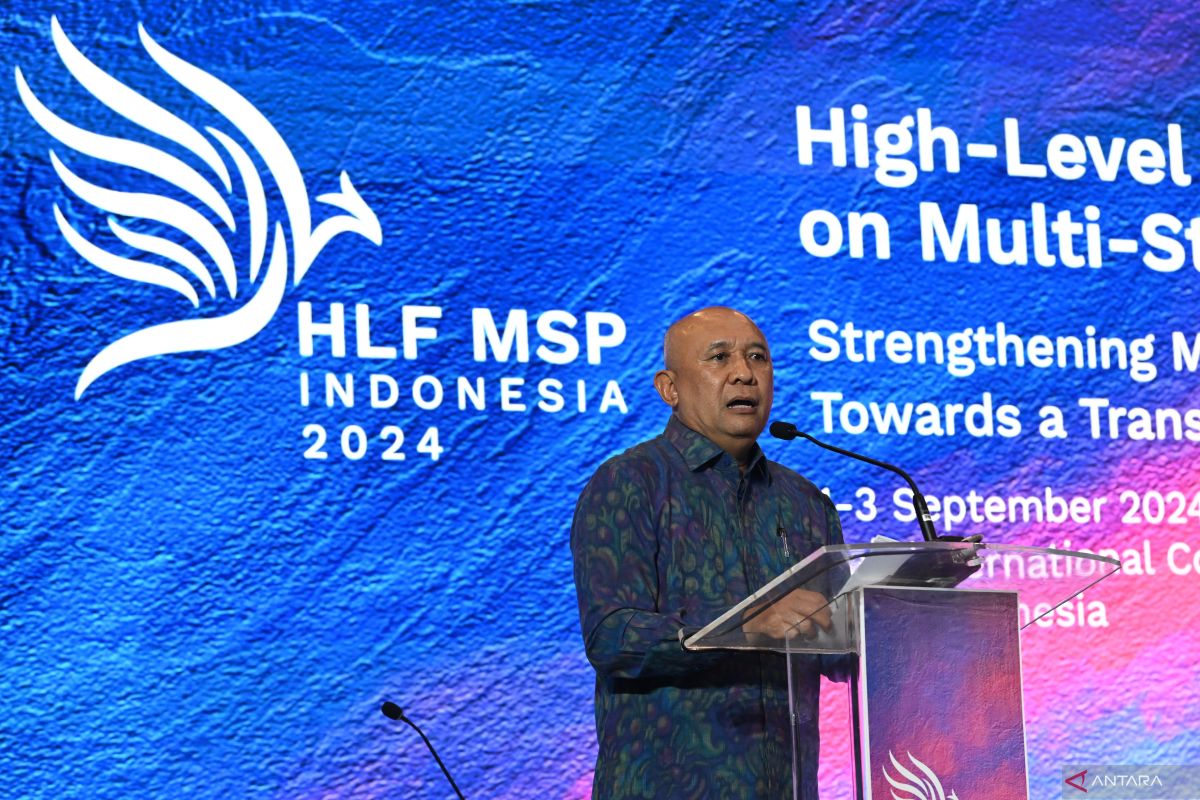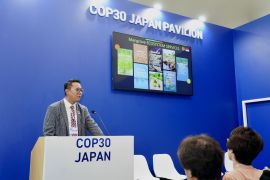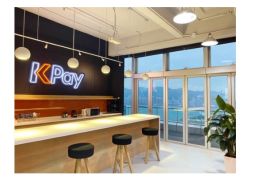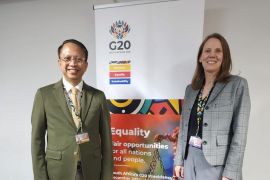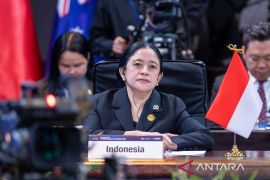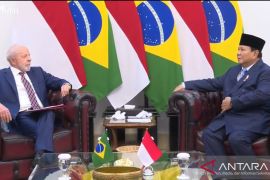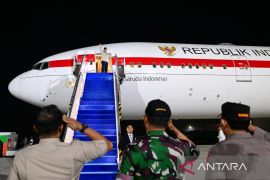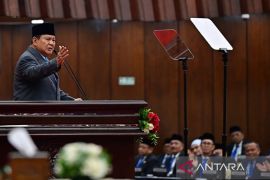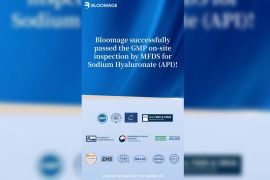Those limitations are closely tied to the issues of poverty, inequality, and infrastructure, and are hindering the Global South countries from achieving the sustainable development goals (SDGs).
Further, these countries often rely on aid from developed countries or the Global North, which clearly shows the gap in access to financing at the global level.
SDG achievement relies on the uniform success of nations. This is not possible if there are still countries that are left behind.
Therefore, a new formulation on access to finance is needed for Global South countries. And it needs to be devised with international cooperation so that the results are inclusive, strong, and sustainable.
Financing challenges
One of the main challenges faced by the Global South countries is the financing gap, which has not been fully addressed. Budget allocations, investments, and national policy frameworks are often not aligned with SDGs, thus slowing the achievement of the goals.
The United Nations (UN) Under-Secretary-General for Economic and Social Affairs, Lia Junhua, has highlighted the need for a new financing system that focuses on development impact. The system must be designed to open new resources that can be invested in projects that support SDGs.
Several international funds have been introduced to help developing nations address global challenges. For example, the Green Climate Fund and the Global Environment Facility, both of which aim to tackle climate issues.
However, access to these funds is often unequal, especially for countries with limited administrative capacity.
Besides, the absence of international standards to ensure the quality and quantity of promised funding also remains an obstacle to the provision of official development assistance (ODA) and other innovative financing.
Developing countries often receive aid without clear guarantees of economic benefits, which makes it difficult to maximize the impact of the aid.
Innovative financing
To tackle these problems, the Global South needs innovative financing.
The Indonesian government hosted the High-Level Forum on Multi-Stakeholder Partnerships (HLF MSP) in Bali on September 1–3, 2024, to bring global stakeholders together to discuss the problems of Global South countries, including financing.
One of the schemes discussed at the forum was blended finance, which combines public funds and private funds to mobilize more resources to achieve sustainable development goals.
Blended finance is one of the most promising solutions because it allows governments to leverage private funds on a large scale without having to significantly increase the fiscal burden.
For example, Indonesia's public-private partnership (KPBU) scheme and SDG bond issuance are designed to attract funds from the non-public sector.
The implementation of these schemes is a concrete step from the Indonesian government to mobilize additional funds from the private sector to finance projects that support SDG achievement, such as the development of infrastructures for clean water, renewable energy, and sanitation.
Apart from that, creative financing has also been proposed as a financing solution for the Global South, mainly for micro, small, and medium enterprise (MSME) players.
As a case in point, India is implementing a financing design where banks compete to offer lower interest rates to MSMEs partnering with big companies, which allows MSMEs to get financing at more competitive interest rates.
Such a scheme can reduce the cost of financing for MSMEs, which can later push inclusive economic growth.
Yet another solution is the optimization of foreign direct investment (FDI).
Although global FDI declined by 2 percent last year, investment in the Southeast Asian region recorded a 1.3-percent increase to reach US$226 billion. This shows that developing countries in the Global South have potential that can be optimized to attract foreign investment.
It is worth noting here that despite the increase in FDI in several developing countries, the majority of investment is still concentrated in developed countries.
Only around 23 percent of the total FDI flows into the Asia-Pacific region, while developing and least developed countries get a much smaller share of global capital flows.
Therefore, developing countries are being encouraged to create a more conducive domestic climate for foreign investment. Their governments need to provide the right incentives to attract more FDI while ensuring that such investments truly support the sustainable development goals.
At the same time, investment patterns also need to be made more inclusive to ensure that Global South countries can derive the maximum benefit from global capital flows. This would include encouraging more investment from developed countries to Global South countries to reduce dependence on developing countries.
South-South cooperation
The South-South cooperation has shown its transformation potential, which was especially evident during the COVID-19 pandemic.
During the pandemic, Global South countries supported each other in facing global crises by sharing knowledge and experience as well as strengthening financing flows at the national, regional, and global levels.
This type of cooperation is one of the keys to addressing the financing gap faced by developing countries. And it certainly includes the formulation of alternative financing schemes.
Financing innovations, such as blended financing and creative financing, are vital solutions that can help developing countries face challenges.
Even though many challenges need to be faced, a more inclusive and collaborative approach to development financing can pave the way for the Global South to achieve SDGs and build a more sustainable future.
Related news: Indonesia outlines potential sectors for cooperation with Africa
Related news: Indonesia urges Global South to stoke positive change
Translator: Imamatul Silfia, Raka Adji
Editor: Azis Kurmala
Copyright © ANTARA 2024
